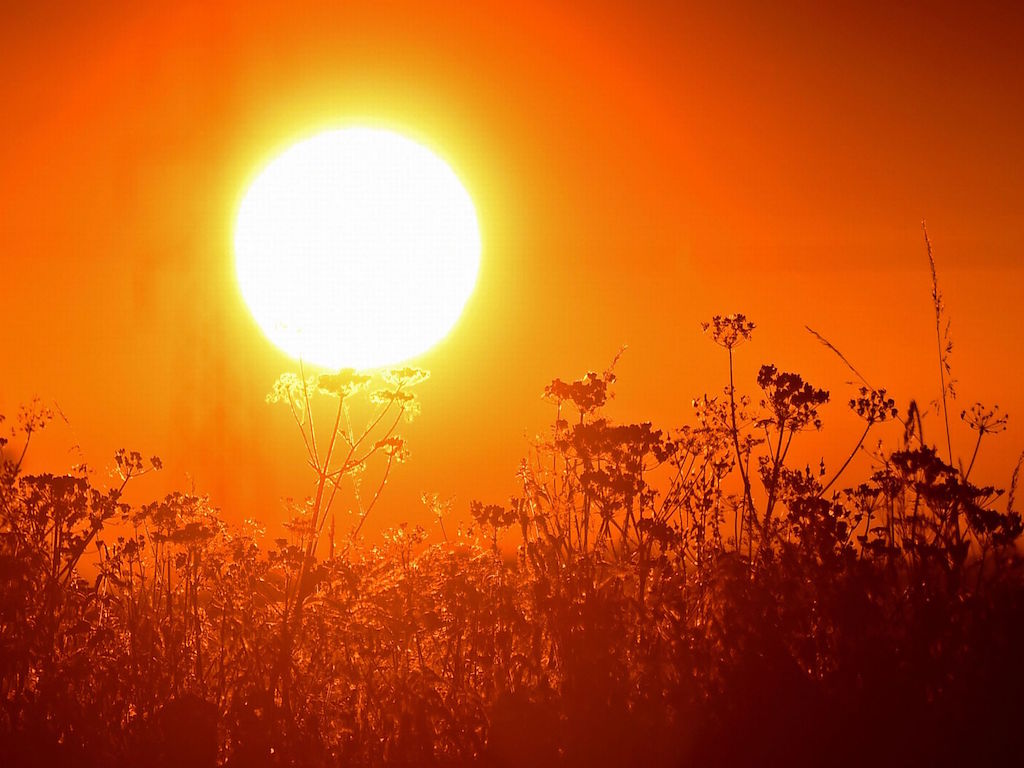3 Mins Read
A just-released landmark report by the United Nations World Meteorological Organisation reveals the record-breaking state of global warming.
A new United Nations report published on Sunday reveals that global warming is at an all time high, with the five-year period ending 2019 set to be the hottest ever on record. This news comes after the world saw millions of youths around the world take to the streets to demand climate action from governments and an end to the use of fossil fuels. It also comes ahead of a major UN Climate Action Summit to be held in New York, which will be attended by global leaders. On the agenda? Greenhouse gas reduction targets. The new report has a clear message: concrete actions to combat climate change and keep global temperatures down need to happen now.
The landmark report, titled United In Science, will be presented at the UN Climate Action Summit this week to emphasise the huge gap between the globally agreed climate targets, and the actual reality. The report was compiled by the UN World Meteorological Organisation (WMO) and includes details on the state of our climate and predicts emission trends and greenhouse gas concentrations in the atmosphere.
One of the core findings is that the global average temperature increased by 1.1 degrees celsius above pre-industrial levels, and 0.2 degrees celsius warmer than the 2011-2015 period. These record-breaking temperatures are linked to the more frequent and serious climate change impacts we are seeing, from sea level rise to Arctic wildfires and the most recent deadly Hurricane Dorian that battered the Bahamas. The past four years were already the warmest since records began in 1850.
The report also underscores the urgent need for carbon-curbing actions in key sectors to happen now, especially in land management and energy. If we are to have a chance at steering our trajectory away from potentially irreversible impacts of climate change, governments must implement tools to support greenhouse gas mitigation and climate adaptation measures.
At our current rate, there are no signs of reaching “peak emissions”, the level where global temperatures finally begin to fall. The report reveals that the world is on an almost-unstoppable path towards climate destruction, as even if all countries met their nationally determined contributions (INDCs), it would still not be enough to curb dangerous temperature heating by 2.9 – 3.4 degrees celsius.
The Asia-Pacific region is particularly vulnerable to a rise in global temperatures. Those inhabiting low-lying islands and coastal communities in the Pacific and much of Southeast Asia and South Asia face mass displacement from rising sea levels. Frequency of droughts and desert-like heat conditions means that the hugely populous country of India is threatened with extremely high water stress. Asian countries are also challenged with food insecurity, as yields of bananas and rice are set to decrease due to floods, global heating and shifts in rainfall patterns. Rising consumption levels due to population increase and rapid urbanisation combined with a lack of governmental action and regional progress means the outlook for Asia is bleak.
The new report comes against the backdrop of the student-led global climate strikes that swept cities and towns around the world last Friday 20th September. Millions took to the streets to demand real governmental actions and change from corporations to put an end to the age of fossil fuels. In Asia-Pacific, we saw hundreds of thousands of young students and climate activists join hands in a series of marches, “lie-ins” and slogan-chanting to call for climate justice. On Saturday, Swedish teenage environmental activist Greta Thunberg told the hundreds gathered at the UN Headquarters in New York for the Youth Climate Summit that “young people are unstoppable” in efforts to pressure leaders for green policies, from more efficient agriculture to clean energy adoption.
This article is a part of Green Queen’s collaboration in the Covering Climate Now project, a week-long initiative to raise global awareness of our planet’s climate emergency.
Lead image courtesy of LakeMac Today AU.




